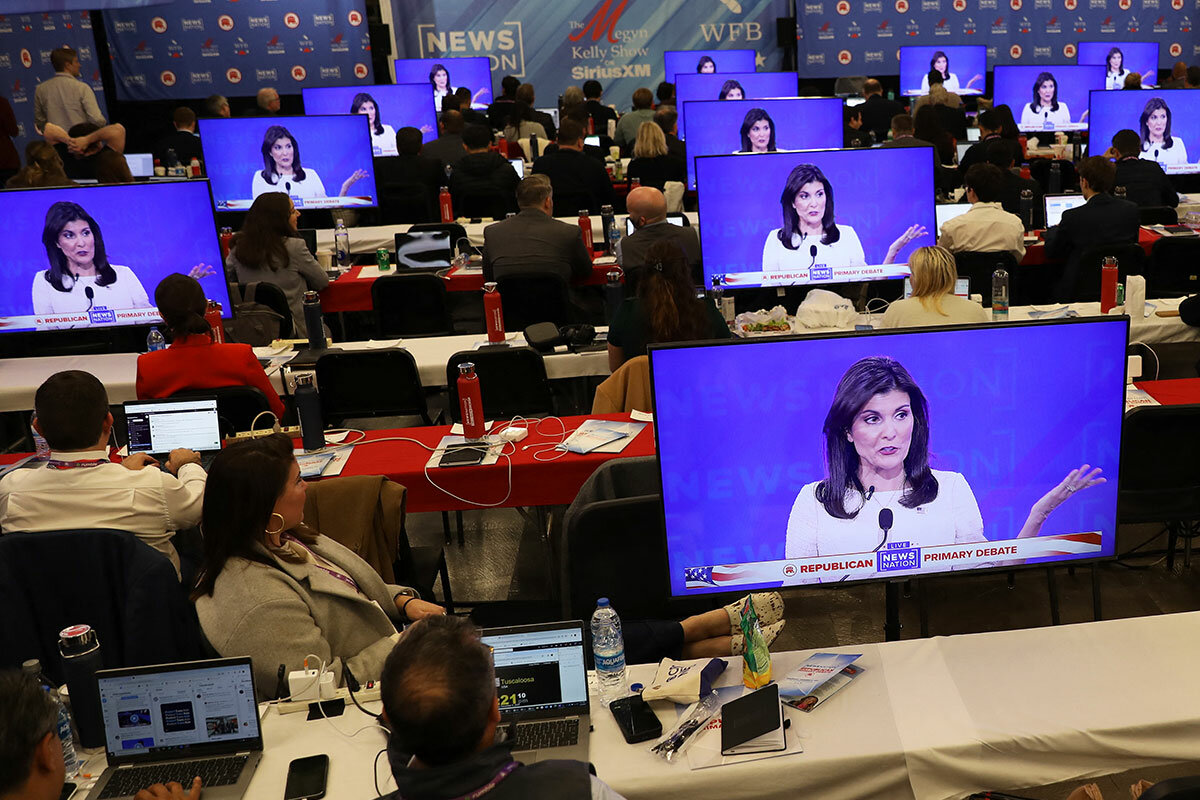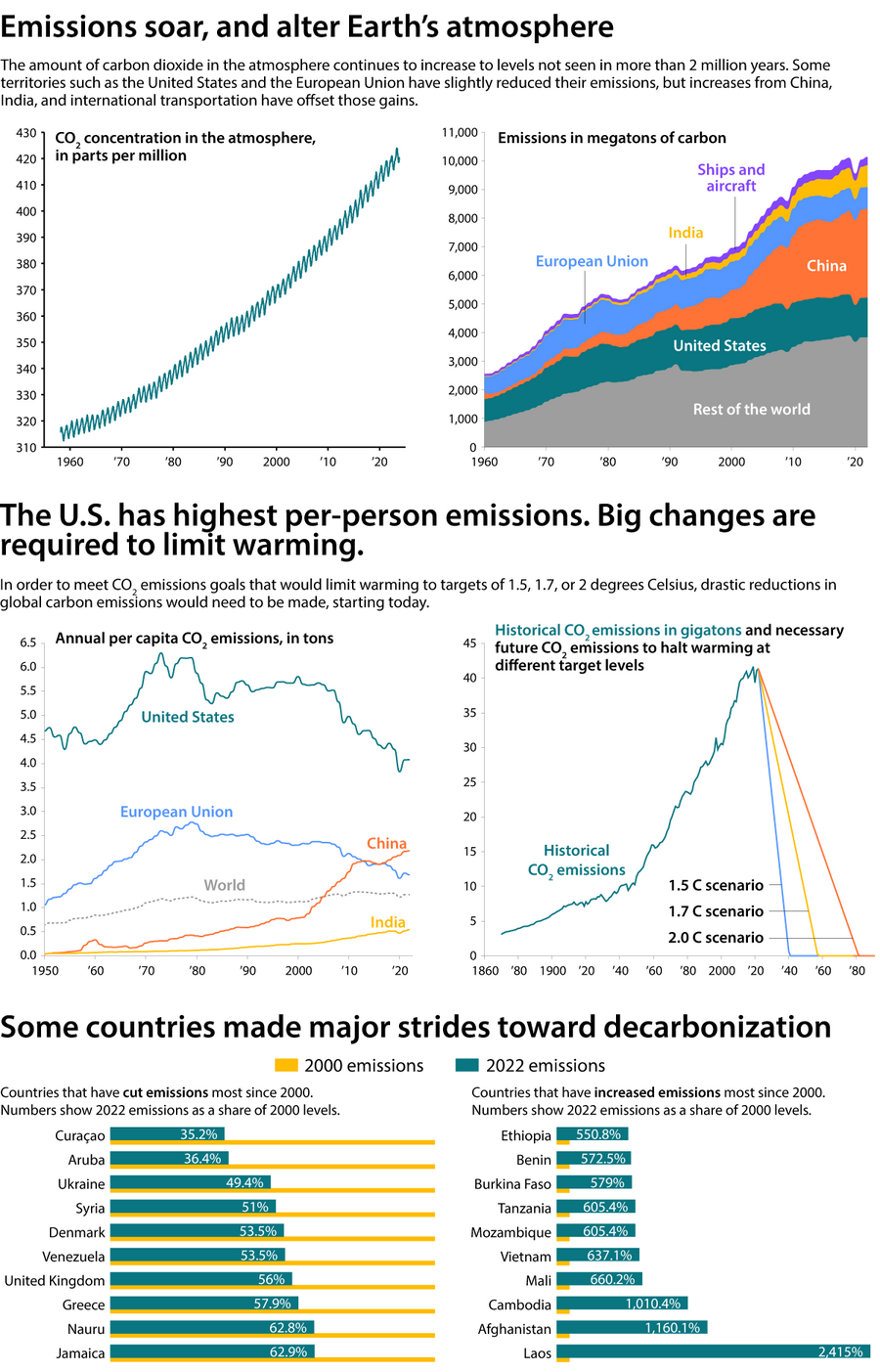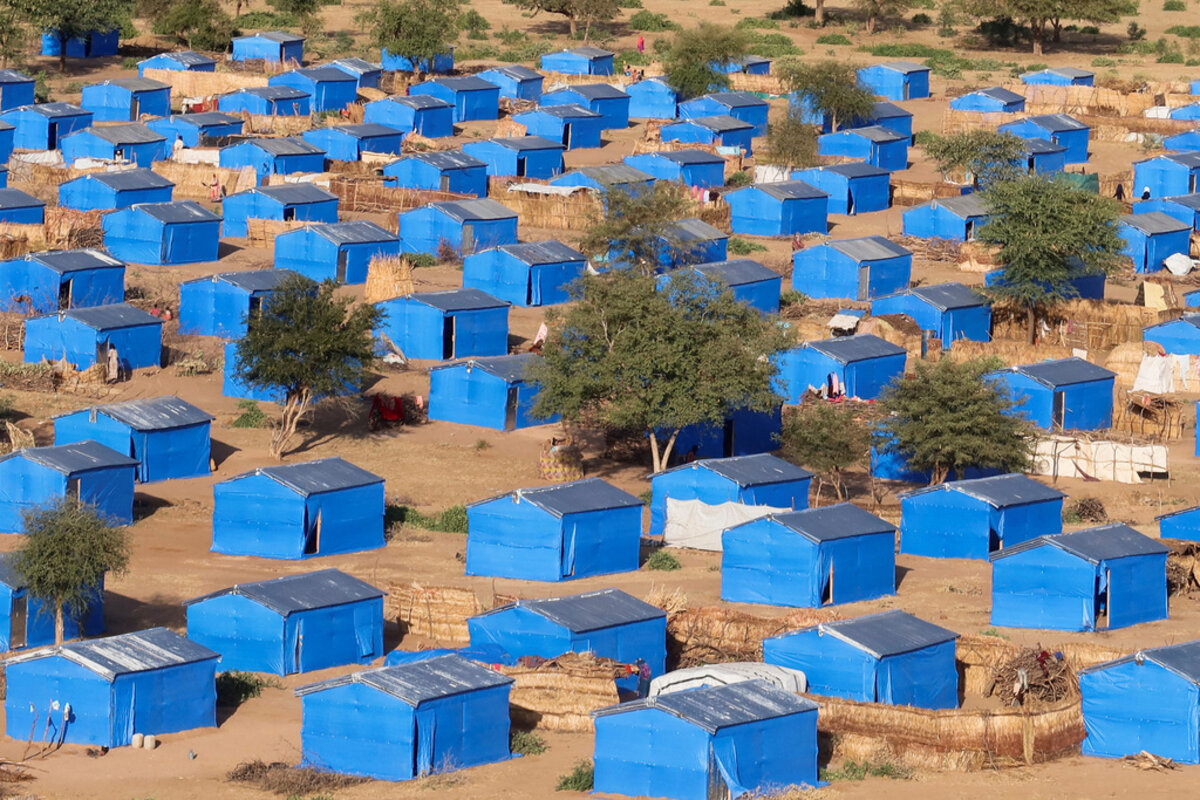The United States is exhorting Israel to do more to protect Palestinian citizens. There are some signs Israel is listening. But internal Israeli pressures are widening the space for disagreement on a host of key issues. For the U.S., tough questions are only getting tougher.

Why is Christian Science in our name?
Our name is about honesty. The Monitor is owned by The First Church of Christ, Scientist, and we’ve always been transparent about that.
The church publishes the Monitor because it sees good journalism as vital to progress in the world. Since 1908, we’ve aimed “to injure no man, but to bless all mankind,” as our founder, Mary Baker Eddy, put it.
Here, you’ll find award-winning journalism not driven by commercial influences – a news organization that takes seriously its mission to uplift the world by seeking solutions and finding reasons for credible hope.
Explore values journalism About usMonitor Daily Podcast
- Follow us:
- Apple Podcasts
- Spotify
- RSS Feed
- Download
 Mark Sappenfield
Mark Sappenfield
Many of us have heard of the book “All I Really Need To Know I Learned in Kindergarten,” and there is wisdom in the title. In her review of five children’s books today, Monitor writer Husna Haq offers wisdom of her own: The books “show the beauty and growth that comes with viewing the world through someone else’s eyes.”
On the surface, two of our other articles today might seem the opposite of children’s stories. Columnist Ned Temko writes about the enduring value of a two-state solution in Israel, and Howard LaFranchi chronicles the United States’ demand that Israel do more to safeguard Palestinian citizens. These stories are about diplomacy, yes. But they are also about something we learned in kindergarten: Earnestly considering another’s perspective fuels growth and peace, not just at recess but at every stage of life.
Already a subscriber? Log in
Help fund Monitor journalism for $11/ month
Monitor journalism changes lives because we open that too-small box that most people think they live in. We believe news can and should expand a sense of identity and possibility beyond narrow conventional expectations.
Our work isn't possible without your support.
Today’s stories
And why we wrote them
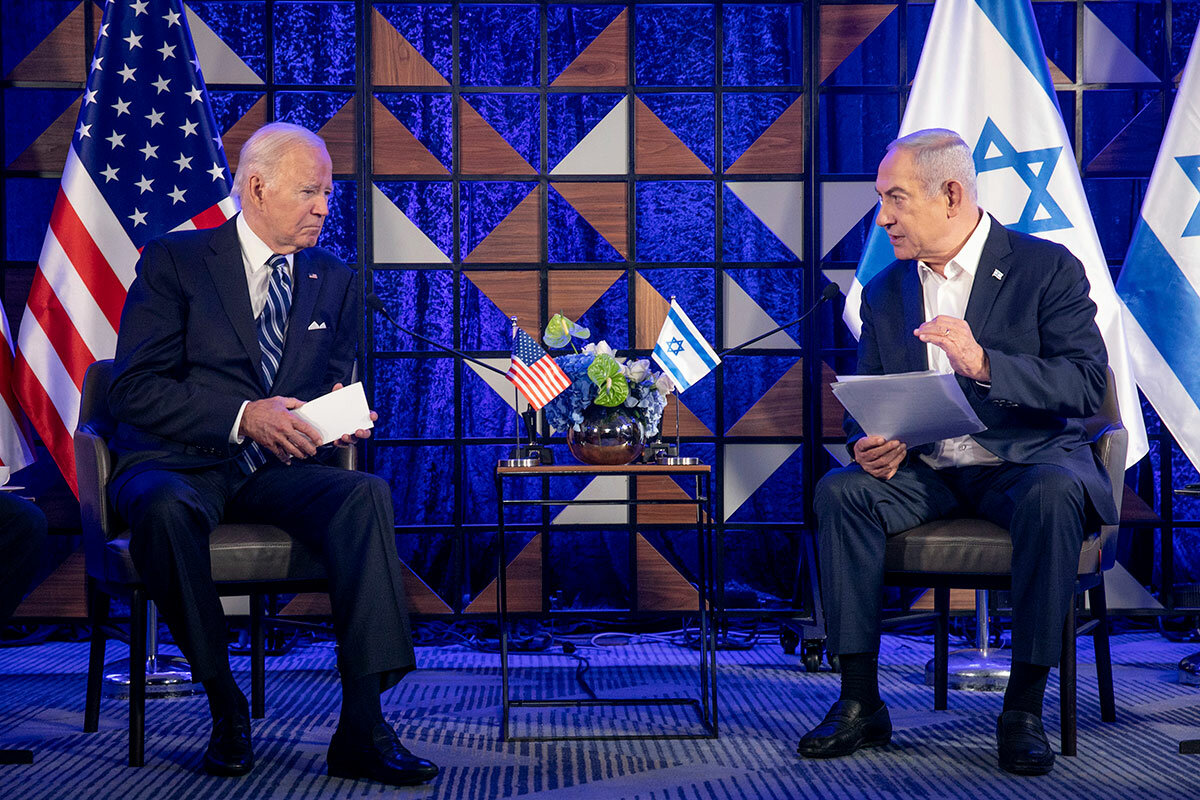
( 7 min. read )
( 7 min. read )
Is there place in Republican hearts for a Donald Trump with “a polite way”? Filling that role has given presidential candidate Nikki Haley momentum, and there are indications the share of “always Trumpers” in the party has dropped since 2020. But her task is enormous.
Graphic
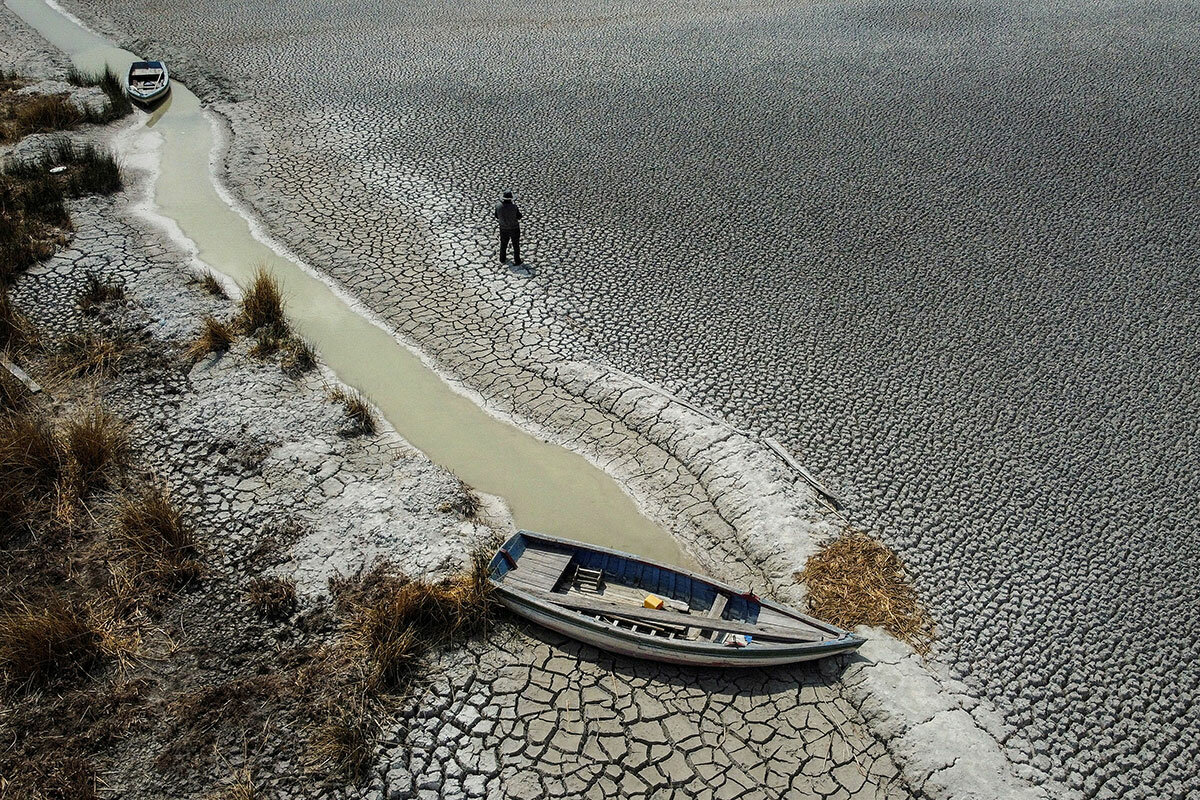
Climate gaps and gains, as world meets in Dubai
With climate change, how can we face the stark facts laid out by climate science without losing a sense of hope or agency? These graphics aim to find that balance. They’re a cleareyed look at the challenges we face and a glimpse of our ability to drive change.
Patterns
( 4 min. read )
The prospects of an Israeli state and a Palestinian state living peacefully side by side seem as distant as ever, even hopelessly naive. Yet the two sides must inevitably live side by side, and a two-state solution remains the most practical way forward. The question is how to get there now.
Books
( 5 min. read )
The amazing power of children’s books is to make us better people while also making us smile, or cry – or hungry. Why can’t the whole world be that way? Well, these books suggest that maybe it can be.
The Monitor's View
( 2 min. read )
The responses by regional peacemakers to the war in Gaza during the past two months have highlighted how the Middle East is working toward a more integrated and peaceful future. A similar shift is underway in Africa, where neighboring nations have banded together to end a brutal civil war in Sudan.
Those efforts may now be on the cusp of a breakthrough. The leaders of Kenya, Ethiopia, Djibouti, and South Sudan are set to meet in coming days. Their goal is to chart a broadly inclusive process to restore peace and democracy. That alone would be significant. In seven months, the war has displaced more than 6 million people and rekindled ethnic violence in parts of the country still recovering from genocide a generation ago.
But the summit matters in another way, too. Coming just days after the war’s rival factions pressured the United Nations Security Council to close its political mission in Sudan, it reflects the utility of patient trust-building. Led by Kenyan President William Ruto, regional leaders have spent months listening and working to develop credibility with the warring factions and their international patrons.
Such diplomacy rests on what Workneh Gebeyehu, executive secretary of the Intergovernmental Authority on Development, a bloc of East African nations, calls a collective “moral obligation to the peace and stability” rooted in dignity and the protection of innocent life. It’s proving persuasive. The United States and Saudi Arabia now see regional peace-efforts work as the key to restarting their halting diplomacy in Sudan.
“When African states propose a formula for addressing an African crisis, world powers often put aside their difference and back it,” wrote regional experts Alex de Waal and Abdul Mohammed in The New York Times this week.
The war broke out in April when two rival generals who conspired to overthrow a transitional civilian-led government turned their forces on each other. The conflict sparked parallel peace initiatives to keep a humanitarian crisis from creating wider instability in an already fragile region. Unifying those mediation efforts requires building trust among a broad array of foreign actors with competing economic and strategic interests in Sudan.
One outcome of the summit next week might be a division of labor. Amgad Fareid Eltayeb, a fellow at the European Council on Foreign Relations, has argued for spreading the duty to meet military, political, and humanitarian needs of Sudan among various international mentors with a shared goal of enabling the Sudanese people to determine their own future.
That approach reflects what may be an emerging good at a time of fragmenting blocs of global power. As authors Jared Cohen and Ian Bremmer wrote in Foreign Policy Wednesday, the critical adhesive for a world in balance is trust: “At the global level, credibility makes alliances and deterrence work, increasing cooperation and reducing the risk.”
In Sudan, as in Gaza, new constellations of cooperation are forming. A new era of listening among nations may be underway.
A Christian Science Perspective
Each weekday, the Monitor includes one clearly labeled religious article offering spiritual insight on contemporary issues, including the news. The publication – in its various forms – is produced for anyone who cares about the progress of the human endeavor around the world and seeks news reported with compassion, intelligence, and an essentially constructive lens. For many, that caring has religious roots. For many, it does not. The Monitor has always embraced both audiences. The Monitor is owned by a church – The First Church of Christ, Scientist, in Boston – whose founder was concerned with both the state of the world and the quality of available news.
( 4 min. read )
Gaining a higher sense of life as originating in God, not matter, brings healing, redemption, and regeneration.
Viewfinder
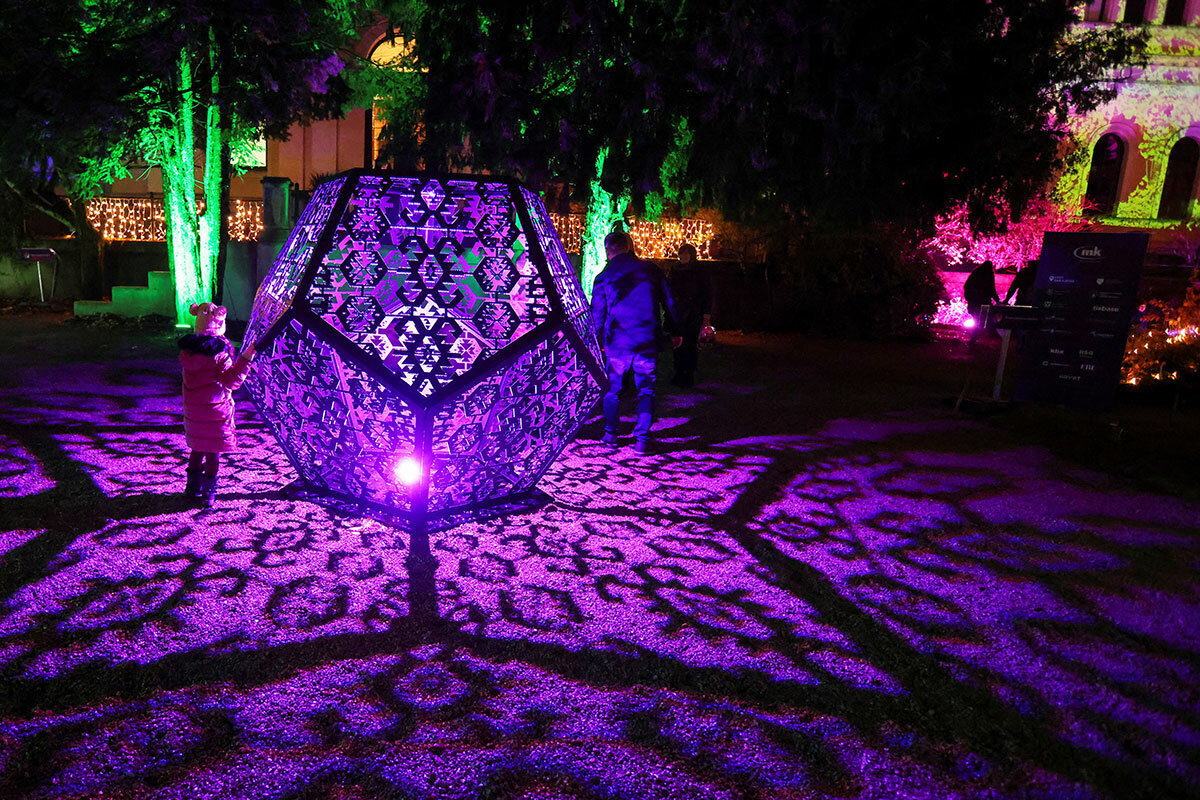
A look ahead
Thank you for joining us today. To send you on your way, we have an extra story about the end of U.S. Sen. Tommy Tuberville’s efforts to block military promotions. Monitor staff writer Anna Mulrine Grobe looks at the toll paid by the military and military families, and at the sense of trust that will need to be rebuilt. You can read the story here.



